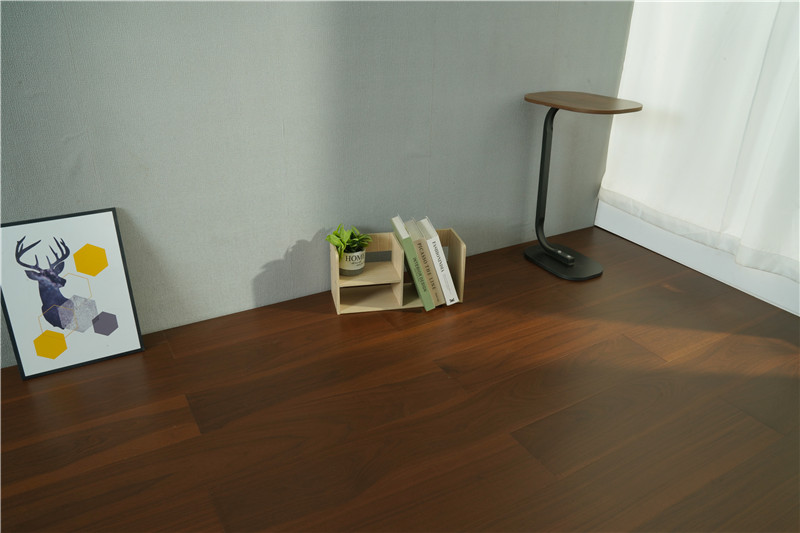Engineered wood flooring is a smart and modern solution for your flooring needs. It consists of multiple layers of wood, with a solid veneer of real hardwood on top. This layered construction gives engineered wood floors greater stability compared to solid wood, making it a versatile option for both residential and commercial spaces.
Why Should You Choose Engineered Wood Flooring?
When it comes to choosing flooring, engineered wood offers numerous benefits. It is designed to resist moisture and temperature changes, making it ideal for areas like kitchens and basements where solid wood might warp. The variety of finishes available also makes it suitable for any style or preference.
For a deeper dive into engineered wood and its features, visit YeHui About Us.
How Durable Is Engineered Wood Flooring?
Engineered wood is highly durable, thanks to its layered construction. The top layer of real hardwood provides the classic look of wood, while the underlying layers offer stability and resistance to expansion and contraction. This makes engineered wood floors perfect for high-traffic areas, offering both beauty and longevity.
What Are the Advantages of Engineered Wood Over Solid Wood?
- Stability: Engineered wood resists warping and cracking better than solid wood, especially in areas with fluctuating humidity.
- Versatility: It can be installed over a variety of subfloors, including concrete, making it perfect for spaces with specific installation requirements.
- Eco-Friendly: Many engineered wood products are made from sustainable materials, which makes them a more environmentally responsible option.
What Makes Engineered Wood Ideal for Different Spaces?
Engineered wood flooring is the perfect balance of beauty and practicality. It works well in nearly every room of your home, from high-moisture areas like kitchens and bathrooms to areas with radiant heating systems. The versatile design and easy maintenance make it a fantastic option for both residential and commercial spaces.
Furthermore, engineered wood floors are easier to clean than their solid wood counterparts. A regular sweeping or vacuuming, along with occasional damp mopping, will keep your floors in top condition.
How Do You Maintain Engineered Wood Flooring?
Engineered wood is incredibly low-maintenance compared to solid wood. The protective finish on most engineered wood floors helps prevent scratches and stains, making it easy to clean and maintain. Simply sweep or vacuum regularly to remove dirt and dust, and mop occasionally using a wood-friendly cleaner.
Engineered wood is also highly resistant to moisture damage, unlike solid wood, which can warp or swell when exposed to excessive moisture. As a result, cleaning spills promptly is even easier, allowing you to maintain your floor’s integrity for years to come.
How Much Does Engineered Wood Flooring Cost?
Cost is always a factor when choosing flooring. Engineered wood tends to be more affordable than solid hardwood because it requires less of the more expensive hardwood material. Additionally, its easy installation process can reduce labor costs, making it an even more cost-effective solution.
While the price varies depending on the brand, finish, and design, engineered wood remains an excellent value for the durability and aesthetic appeal it provides.
FAQs
Q1: How do I maintain engineered wood flooring?
A1: Engineered wood floors are low-maintenance. To keep them in great shape, simply sweep or vacuum regularly, and occasionally use a damp mop with a cleaner designed for wood floors. Avoid excessive moisture to protect the integrity of the floor.
Q2: Can engineered wood be installed in bathrooms or kitchens?
A2: Yes, engineered wood is an excellent choice for high-moisture areas like kitchens and bathrooms because it is less prone to warping and expansion than solid wood. However, it’s always a good idea to wipe up any spills promptly to ensure long-lasting quality.
Q3: Is engineered wood more affordable than solid wood?
A3: Generally, engineered wood tends to be more affordable than solid wood because it uses less of the expensive hardwood for the top layer. This, combined with its durability and easy installation, makes engineered wood a great cost-effective choice for both residential and commercial projects.



